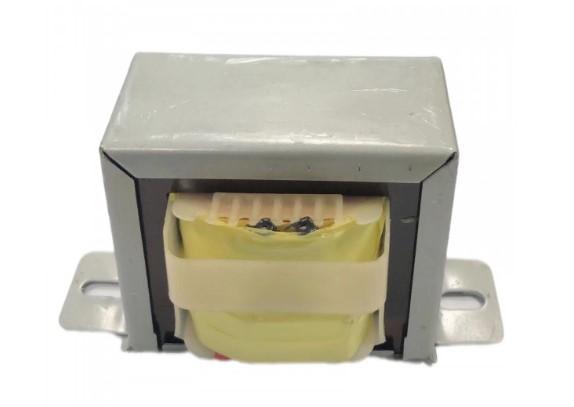Low-frequency Transformer Factory is a vital part of the electrical equipment supply chain, supporting industries that rely on stable energy conversion and dependable performance. These factories create products that are widely used in various applications, ranging from consumer electronics to industrial systems, where precision and durability are required. Their importance lies in the ability to maintain consistent voltage regulation and provide insulation that safeguards devices and users alike.
One of the defining features of low-frequency transformers is their role in handling power at frequencies typically associated with large-scale and steady applications. Unlike components designed for high-frequency switching, these transformers are often integrated into systems where reliability and endurance are prioritized over compact design. This makes them especially relevant for industries such as audio systems, medical equipment, and large power supplies that need stable and long-lasting performance.
Manufacturers operating in this field devote significant attention to design processes, ensuring that winding, core selection, and insulation all meet industry expectations. Their technical expertise allows them to create solutions that withstand demanding working conditions while minimizing energy losses. This approach not only ensures functional efficiency but also strengthens the longevity of the end equipment.
Another aspect worth noting is how factories adapt to evolving customer demands. Many industries seek customization in transformer design, whether in terms of dimensions, power ratings, or application-specific configurations. By offering flexible solutions, manufacturers position themselves as valuable partners to businesses across sectors, helping them achieve tailored results without compromising on performance.
Sustainability is also gaining traction in this field. Modern transformer production increasingly incorporates materials and methods that align with eco-conscious goals. Reducing waste, improving energy efficiency, and ensuring environmentally safe operations have become essential to both manufacturers and end users. This integration of sustainable practices reflects the global trend toward greener industrial operations.
From the perspective of buyers, selecting a factory goes beyond evaluating products alone. Factors such as quality assurance systems, compliance with global standards, and the availability of after-sales support often influence purchasing decisions. Establishing strong, transparent partnerships helps ensure that transformers meet both technical and operational requirements, making the relationship between factory and client more collaborative and long-term.
Looking ahead, the relevance of low-frequency transformers will remain strong as industries continue to depend on steady and reliable power solutions. Factories that combine traditional craftsmanship with continuous innovation are well-positioned to support future needs, particularly as technology evolves but still requires stable energy foundations in many applications.
For more information, visit https://www.nbcbdz.com/product/
